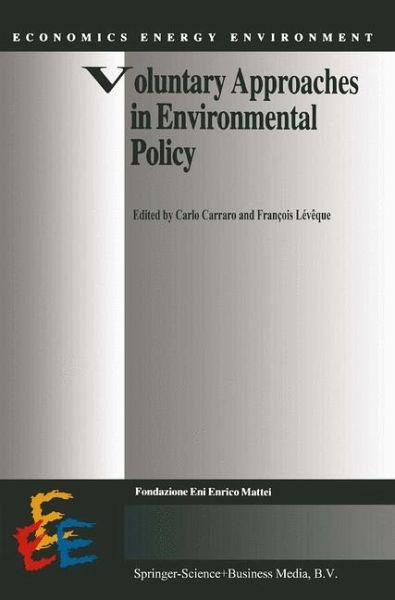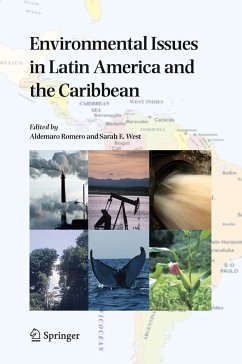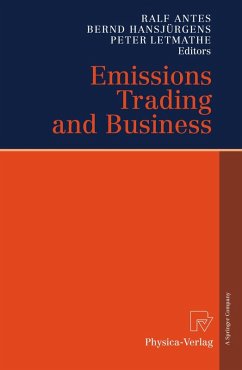
Voluntary Approaches in Environmental Policy

PAYBACK Punkte
39 °P sammeln!
In recent years, voluntary approaches to emission reductions have increasingly been adopted by major companies all over the world and have increasingly been supported by regulatory bodies and public administrations. Despite this world-wide effort to achieve a better environmental performance through voluntary approaches, economic analysis has somehow neglected the importance of voluntary approaches as an environmental policy instrument. This book is a first attempt to fill this gap by gathering together all major experts in the fields and by providing a detailed analysis of all main aspects ch...
In recent years, voluntary approaches to emission reductions have increasingly been adopted by major companies all over the world and have increasingly been supported by regulatory bodies and public administrations. Despite this world-wide effort to achieve a better environmental performance through voluntary approaches, economic analysis has somehow neglected the importance of voluntary approaches as an environmental policy instrument. This book is a first attempt to fill this gap by gathering together all major experts in the fields and by providing a detailed analysis of all main aspects characterising the design and implementation of voluntary approaches in environmental policy. The book, which is the outcome of cooperation between the École des Mines of Paris and the Fondazione ENI E. Mattei, within the EU Concerted Action on Market Based Policy Instruments for Environmental Protection, contains both theoretical analyses and case studies. The chapters of this book therefore provide a useful assessment of the main features and of the potential implementation problems of a new, important and promising environmental policy instrument.














